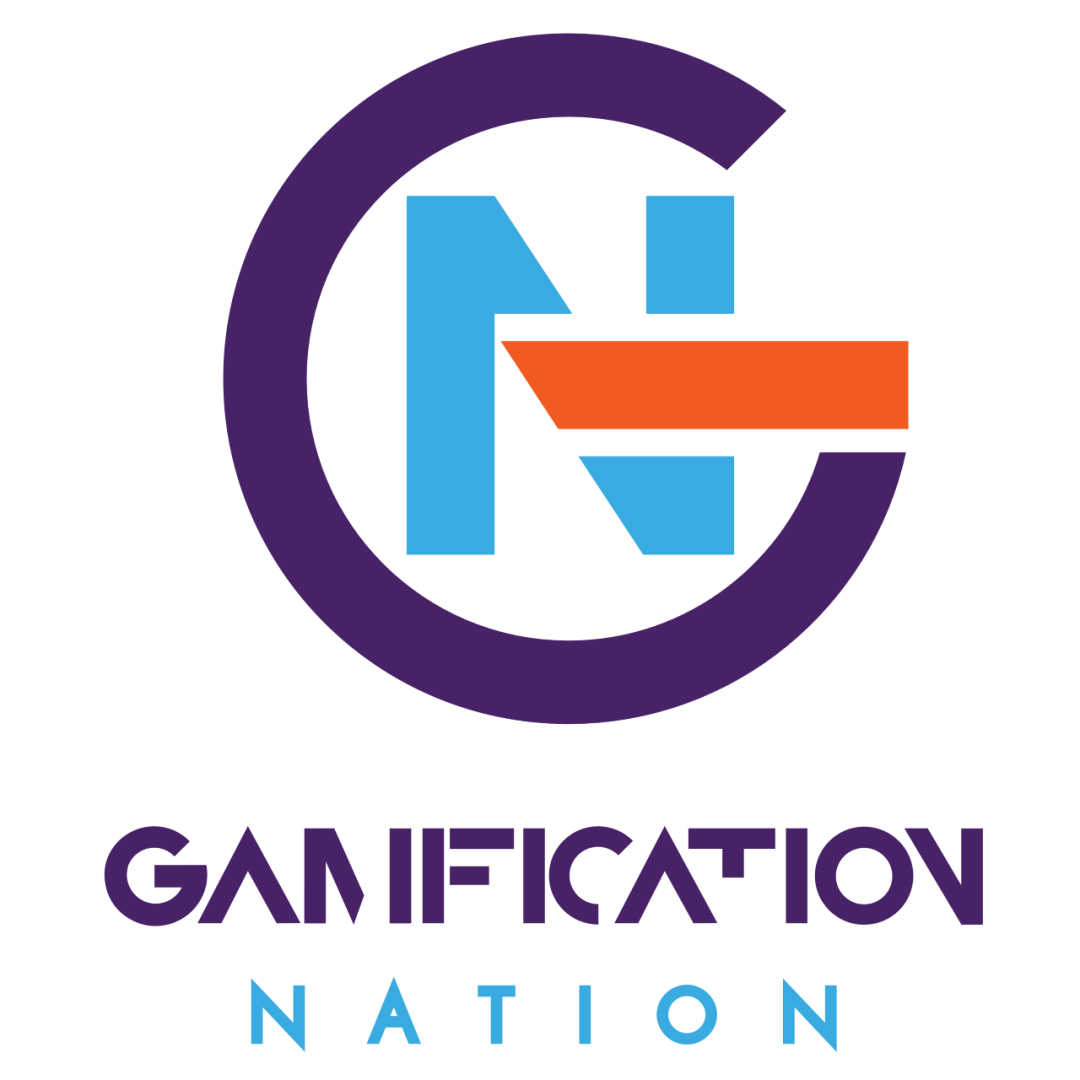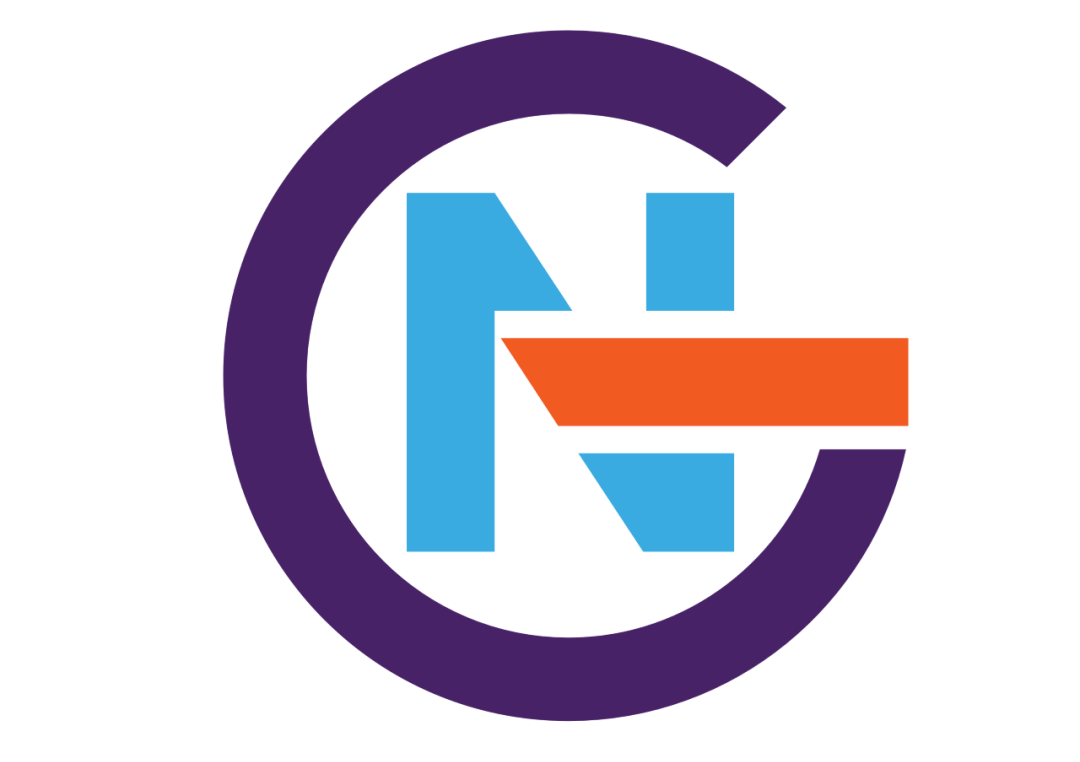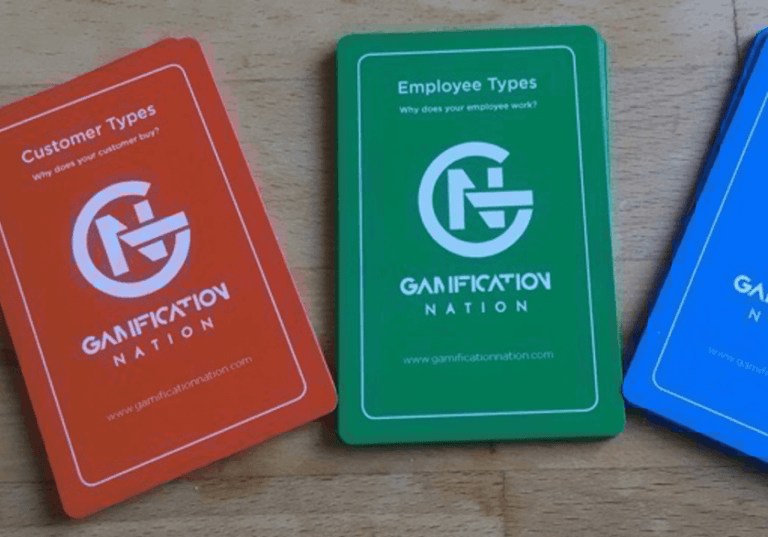In an era where we want everything on demand and most things can be delivered that way, repetition is often considered as a boring unnecessary thing to do. However in the field of learning, repetition is what creates mastery of any skill. Think of it this way, the first time you got on a bike, cycling was a skill you had to learn. When you succeeded at cycling a few meters first time, you didn’t stop. In fact for most of us the freedom and excitement of being able to go further faster to go play with friends kept us cycling for more than one instance.
In talking to trainers and teachers, I often hear the complaint that children and young adults don’t see the value in repeating something more than once. The reality is those same children and young adults will persist at playing games which often require them to repeat the same motion or game mechanics over and over again in order to level up. They have a purpose, a reason for continuing. In school we are often told you need mathematics, language, sciences etc and it is force-fed into the curriculum. Granted as a child you don’t always know what you don’t know and what would be useful, hence the existence of a curriculum. Since technology and time has evolved significantly I do worry about the curriculum no longer being fit for purpose, but that is a totally different conversation. If mathematics was thought with a link to the young persons reality, for example by learning trigonometry about sine, cosine and tangents can help you in game design to establish angles or in architecture to design bridges for example. Then I would argue that all of a sudden my interest in wanting to understand this material would be a lot higher than the concepts presented on their own, which is how I was taught.
So the purpose of knowledge or learning I think should always be an essential part of good learning design. Answer the question ‘why’ very early on, so it gives the context adults need to make sense of new information and children need to become curious or interested in.
When the purpose truly has me captured, then repetition will be less tedious and maybe even more rewarding. Just like with our earlier cycling example, those first few meters were hard work, but then the more you practised the easier it became. As a learner, I always needed my time to absorb materials and I liked to practise when I was good at something, not so much when I really struggled with the basics. Mathematics was a subject I didn’t particularly shine in, but I made a lot of effort into mastering it and succeeded to a reasonable level. Two weekends ago I had the major insight of why trigonometry played a role by attending a game developer session at one of the biggest casual games studios, King.
Most casual games are repetition driven, you move up in levels by repeating similar actions all the time. Think Candy Crush, Angry Birds, Tetris, etc.
When faced with repetition in learning however it causes friction. Even as early as 1885, German psychologist Hermann Ebbinghaus studied how we retain and forget information. He said that over time most of the information we learn is filtered out. However, repetition and spaced intervals and different modalities and contexts in which the same information is presented will increase retention. Individual ability to retain information can also be influenced by the mnemonic retention ability, learning material, the way in which it is presented and physiological factors such as sleep and stress levels for example.
Spaced learning, where material is re-presented either in a different manner from say text to video, or text to flash card will increase retention. To level up again gap tests, quizzes, puzzles will again increase the level of retention. It is important to always give the learner feedback on what was right and wrong, because you don’t want them to retain what they did wrong. How far apart should the spaced learning be, in fact the first repetition should be on the day that you learn it, then a day later, 3 days, 5 days, 7 and longer. The harder your brain has to work to get it right, the better the retention rate.
The challenge with repetition in learning is that people often think that using markers and re-reading is enough. Whilst you will familiarise yourself with the materials, it doesn’t actually help you retain the facts. Layering new ways of accessing the material however will assist in longer retention. The key is like in a game, to make it fun to repeat learning. Here potentially a beat your best or beat your peers may help. Can you retain them all? as a play on the game Pokemon Go.
Gamification design in the area of spaced learning definitely has a place and will be able to assist learners to get better over time. As a kid I used write out my class notes in different colours when I came home and then to prepare for exams I used make summaries of the key items, also lined up all my teddy bears and taught them and in later years our cat, who was a patient sleepy learner. Although he may have been just happy to be in my room on the bed or on top of the heater. I knew then that this worked for me. As the amount of material increased in university the methods had to become quicker, I often still read up or researched other ways of learning the same information. I looked up quizzes, past exams, etc. So I know first hand that the fun repetition works.



